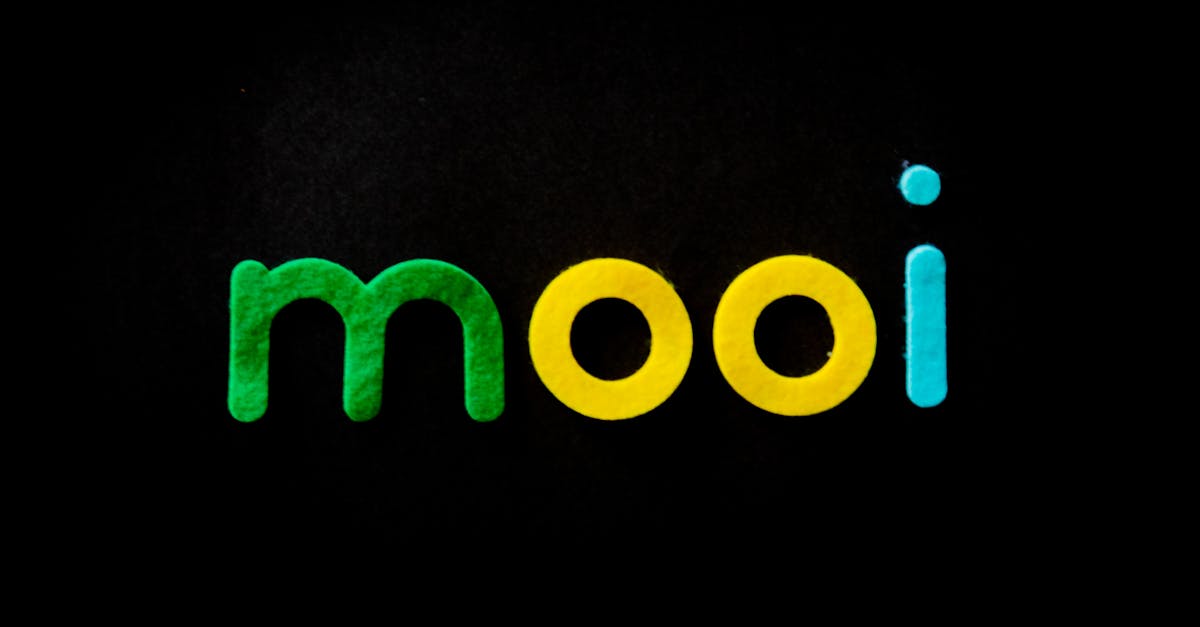What is AI in Early Learning?
Artificial Intelligence (AI) might sound like sci-fi, but it’s part of our lives now. In early childhood education, AI means intelligent systems helping kids learn. For instance, adaptive learning platforms that adjust to your child’s pace, offering personalized experiences. If your child masters basic math quickly, the AI moves on to more complex problems. That’s pretty cool, right? Besides, AI ensures no child gets left behind. Extra help is always available for those who struggle. It’s like having a teacher on call 24/7. Exciting and reassuring for us parents! AI isn’t just for robots; it’s here to help our kids thrive.

Benefits of AI for Young Kids
Imagine your child receiving attention tailored just for them. AI makes that dream a reality. Personalization means addressing individual learning styles and needs. For instance, if Little Tim loves dinosaurs but struggles with reading, AI can provide dino-themed stories, making reading fun! AI also helps in developing critical thinking skills by providing interactive and engaging activities. It takes the guesswork out of educational content, ensuring your child gets the best learning materials. The benefits don’t end here; AI prepares our kids for a tech-savvy future. Now, how awesome is that?
 Summary of Benefits:
Summary of Benefits:
- Personalized attention
- Individualized learning
- Develops critical thinking skills
- Interactive and engaging activities
- Eliminates guesswork in education
- Prepares for a tech-savvy future
Common Emotional Challenges for Kids
Kids may feel stressed or overwhelmed by new technologies. The unknown can be daunting, and transitioning from traditional learning to AI might be tough initially.
Fear not! It’s normal for children to experience a range of emotions, from excitement to anxiety. Patience and encouragement go a long way. Help your child express their feelings and reassure them it’s okay to feel confused or frustrated.
Introduce AI tools gradually, making the process enjoyable and stress-free. Remember, you’ve got this! Supporting your child emotionally will make the transition smoother.

Stay connected with your child, listen to their concerns, and provide a nurturing environment during this period of adjustment.
How AI Helps with Personalized Learning
Ever felt like one-size-fits-all education doesn’t fit your child? AI personalizes learning, adapting to your kid’s needs. Think of it like a custom-made suit, but for education. It identifies strengths and weaknesses and tailors content accordingly. For example, learning apps can track progress and suggest activities aligned with your child’s abilities. It’s like having a personal tutor that understands and adapts. AI’s adaptability ensures your child remains engaged and motivated, transforming learning challenges into exciting adventures. Say goodbye to boring lessons and hello to fun, personalized education!

AI in education brings a revolution in personalized learning. It tailors materials to suit individual learning styles, pace, and needs. With AI, students can explore subjects at their own speed, focus on areas that need improvement, and receive instant feedback. AI ensures every student gets the attention and resources they require to excel.
AI Tools Parents Can Use at Home
Parents, you can make AI work at home with some fantastic tools. Educational apps like Khan Academy Kids offer personalized learning experiences. Try Toca Boca for imaginative play or Homer for early reading skills. These tools transform screen time into quality learning time.
To monitor progress, apps provide feedback that keeps you in the loop. Engage in AI-enhanced games together, turning education into a family affair. Before you know it, you’ll be learning alongside your little one. AI isn’t a distant concept; it’s a part of your everyday life. Let’s embrace it together!

Your Questions Answered: Engaging with AI in Education
Got questions about AI in education? You’re not alone! We parents have plenty of questions.
How safe is it? Extremely, with strict privacy laws keeping data safe.
What about screen time limits? Balance is key; set daily limits ensuring kids enjoy outdoor activities too.
Curious about how to choose the best apps? Start with reviews and recommendations from trusted sources.
Remember, it’s okay to explore and find what works best for your family. Don’t hold back; share your thoughts, doubts, and successes in the comments below. Let’s learn and grow together!

